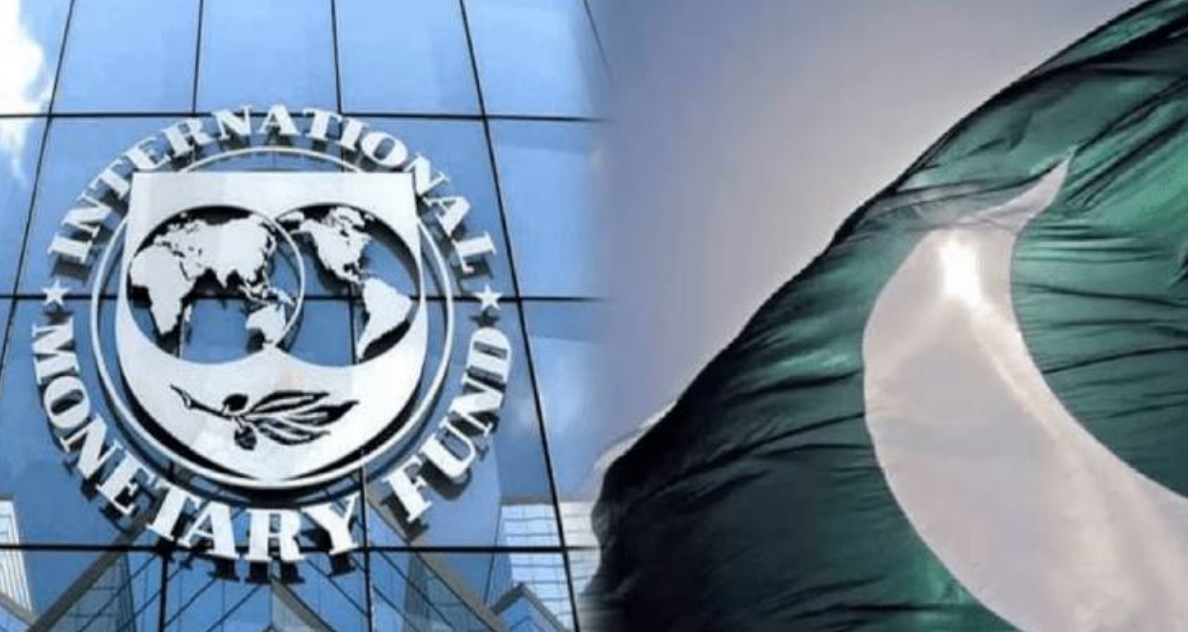IMF Approves $1.1 Billion Loan Tranche to Pakistan
The International Monetary Fund (IMF) has approved the immediate release of the final $1.1 billion tranche of a $3 billion bailout to Pakistan. This decision comes as Pakistan struggles to overcome one of the worst economic crises in its history, which had raised fears of a potential default on foreign debt payments.
- Pakistan sought IMF assistance to stabilize its economy and avoid defaulting on foreign debts
- The $3 billion bailout was approved by the IMF to help Pakistan overcome its economic crisis
- The final tranche of $1.1 billion has now been approved for immediate release
Bailout Conditions and Impact
- As part of the bailout conditions, Pakistan was required to reduce subsidies intended to cushion the impact of rising living costs
- This led to an increase in prices, particularly energy bills, which angered the public
- The government also imposed new taxes, another unpopular move
Future Challenges and Recommendations
Pakistan should capitalize on this hard-won stability by persevering with sound macroeconomic policies and structural reforms. Continued external support will be critical for Pakistan’s economic recovery. Priorities include advancing state-owned enterprise reforms, strengthening governance and anti-corruption institutions, and building climate resilience.
Potential Future Assistance
- Pakistan’s Finance Minister, Muhammad Aurangzeb, indicated plans to seek a long-term loan after the end of the current bailout package
- Although no figure was provided, officials have previously mentioned seeking another $8 billion from the IMF over three years
About International Monetary Fund (IMF)
The International Monetary Fund (IMF) is an international financial institution headquartered in Washington, D.C., USA. It was founded in 1944 at the Bretton Woods Conference and currently has 190 member countries.
- Aims to foster global monetary cooperation, financial stability, and sustainable economic growth
- Provides loans to countries facing balance of payments difficulties or economic crises
- Conducts surveillance of member countries’ economic policies and provides policy advice
- Offers technical assistance and training to help countries improve their economic management
- Plays a crucial role in managing global financial crises and promoting international trade
However, the country still faces significant challenges ahead and will need to maintain its commitment to sound economic policies and structural reforms to achieve stronger, more inclusive, and sustainable growth in the long term.
Month: Current Affairs - April, 2024
Category: International / World Current Affairs


